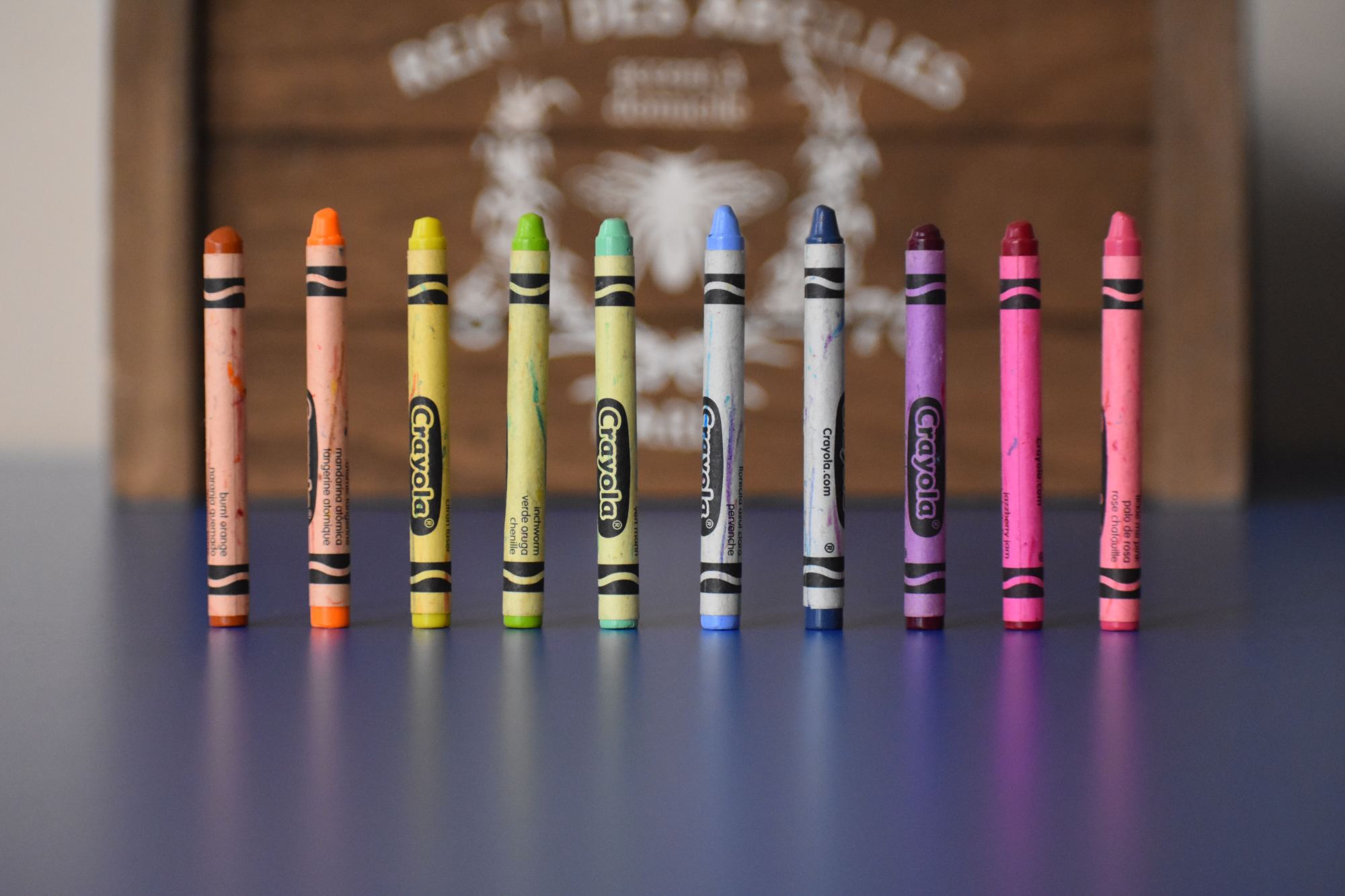Top 5 Preschool Teacher Job Interview Questions
When interviewing for a preschool teacher position, you really want to do everything you can to show the interviewer you can provide a fun and educational environment for preschoolers.
While you should always be prepared for common job interview questions, there are a few teacher-specific questions that you’ll want to make sure you have practiced before hand.
Why did you select teaching preschool as a career?
Being a preschool teacher requires a true love for the field and working with kids. The interviewer is ensuring these are traits you possess.
"Growing up I was the oldest of six brothers and sisters. Helping my mother to care for them gave me the skills to be a nurturer. I worked as a babysitter and in various child care centers before I became a teacher. I always found myself drawn to similar jobs. I developed a passion for working with kids and found I was quite skilled at it."
What defines success for you as a preschool teacher?
Children in their formative years require more out of a teacher than others. The interviewer wants to find out if you have any goals or takeaways for your preschoolers.
"I have a few goals I aim to achieve that allow me to measure my success as well. First, my overall objective is to instill a positive attitude towards education. Second, I strive to build independence and confidence in my preschoolers so that they use their full potential. Lastly, I teach my students to celebrate their differences and interact positively with one another. If they walk away with at least a little of each aspect, then I feel as though I have succeeded in my role."
How do you handle a behavioral problem in the classroom?
As a preschool teacher, you must be prepared for children that will misbehave. Explain to the interviewer how you would handle such a situation.
"Preschoolers are on the learning curve of distinguishing between right and wrong so I feel as though light reprimandation is adequate. As their teacher, it is my job to inform and help guide them. If a behavioral problem does arise, I typically put the child in time out. It's extremely crucial that parents are on board with my route of disciplinary action . Also, time out gives the child the opportunity to calm down and reflect on his or her misbehavior. After about five or so minutes, I would have a one-on-one discussion with the child about why they were removed from the group and how to make a better choice next time around."
How do you handle working with children of different age groups?
Most likely as a preschool teacher you will be working with students from ages three to five. The interviewer wants to make sure your curriculum will be relevant to the entire range of age groups.
"The most important thing I keep in mind when working with children of different age groups is to keep each child engaged and mentally stimulated. Everyone must have equal attention because often if a child feels neglected they will start to act out. All students physical, emotional, cognitive and social needs should be met and further developed. I make sure to keep a diverse curriculum that is specified and beneficial to each age. I develop cross-age activities as well."
What strategies do you use to encourage children to work in groups?
Group work allows students to interact and stay engaged. The interviewer is inquiring how you go about incorporating that into the classroom.
"I have a few strategies I use to encourage my preschoolers to work in groups. I am adamant about sticking to hands-on activities only, which are more likely to turn into a group activities versus individual work. Also, I like to take activities that can be done on an individual basis and turn them into group work. For example, in my previous position instead of having each student draw a separate picture, I allowed them all to work on a collaborative mural that hung on our wall for the remainder of the year. It encouraged team work and open communication among the students."
